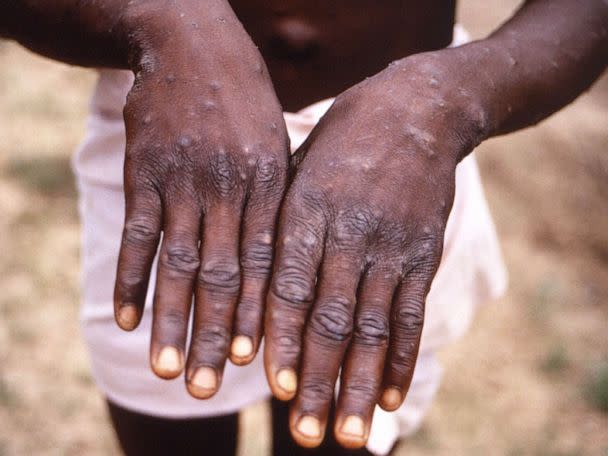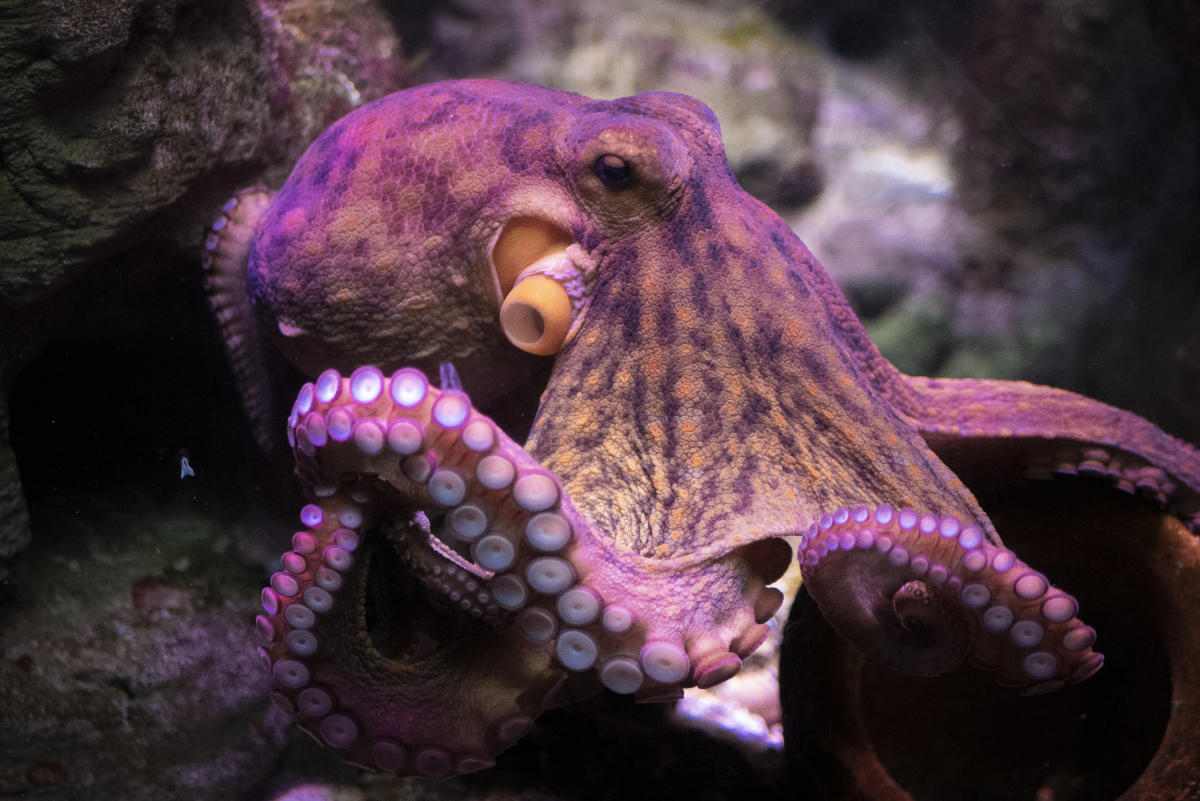Nature is made up of some amazing and intriguing creatures. Perhaps one of the most intriguing is the octopus. Some even believe they could be aliens. One mystery that has long evaded scientists is the octopus’s self-destruction after mating. For years, scientists have wondered why octopuses...

www.yahoo.com
Nature is made up of some amazing and intriguing creatures. Perhaps one of the most intriguing is the octopus. Some even
believe they could be aliens. One mystery that has long evaded scientists is the octopus’s self-destruction after mating. For years, scientists have wondered why octopuses torture themselves after mating.
Now, after all this time, researchers may finally have the answer.
We’ve long known that mother octopuses torture themselves and sometimes even eat themselves when their eggs are close to hatching. While they aren’t the only creatures in the wild that die after mating, they do have one of the more gruesome approaches to the process.
For years, scientists have tried to discover why octopuses act this way after mating. Now, a new study published in the journal
Current Biology could provide the answers we’ve all been looking for. Researchers say that mother octopuses torture themselves after mating due to chemical changes that occur around the time the mother lays her eggs.
A study in 1977 found that a set of glands near the octopus’s eyes was responsible for the mechanism that caused the self-destruction. The researchers found that these glands produce steroid hormones in the octopus. And, when the mother has laid her eggs, these glands go into overdrive. It is these steroids that are believed to push octopuses to torture themselves.


 www.yahoo.com
www.yahoo.com






